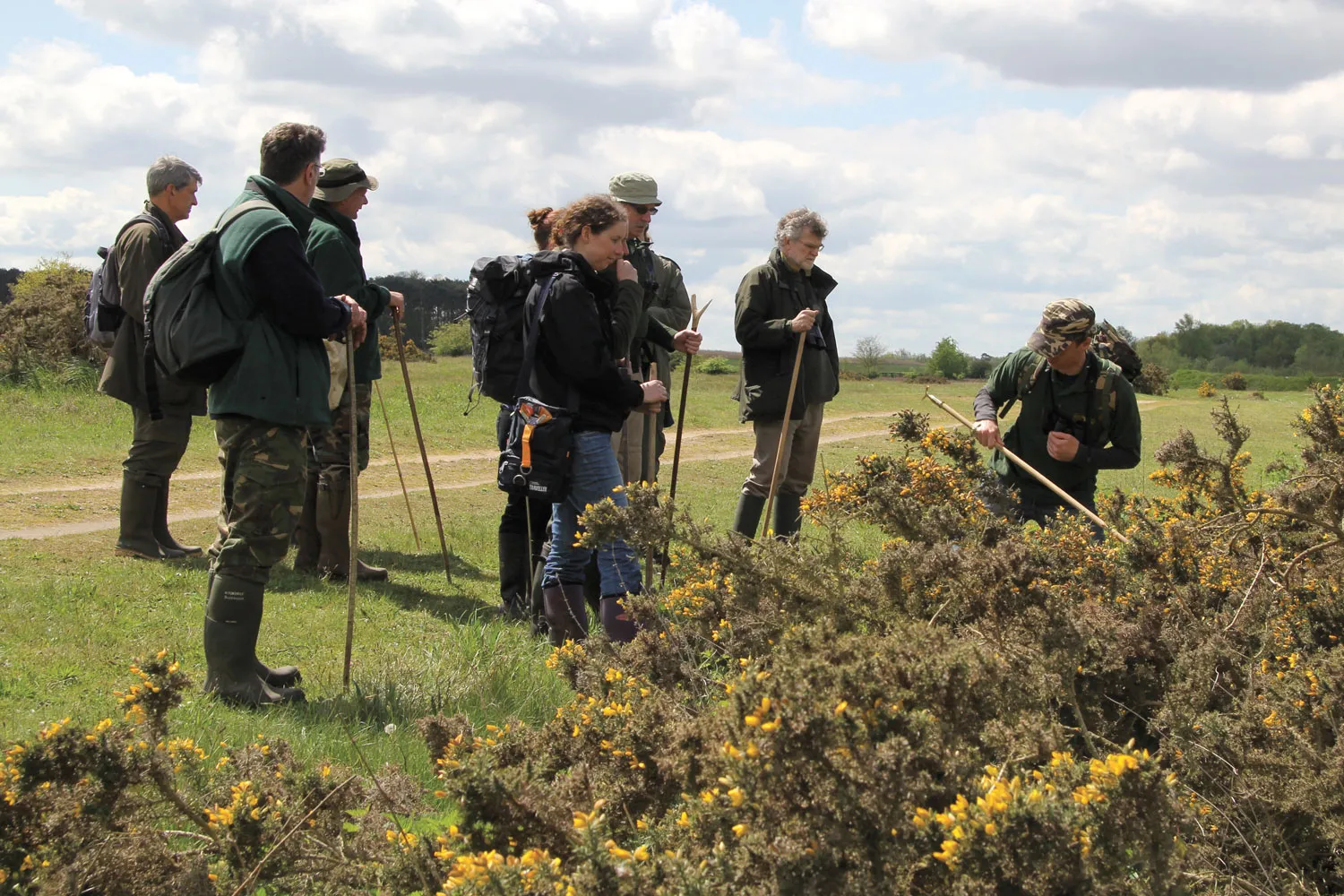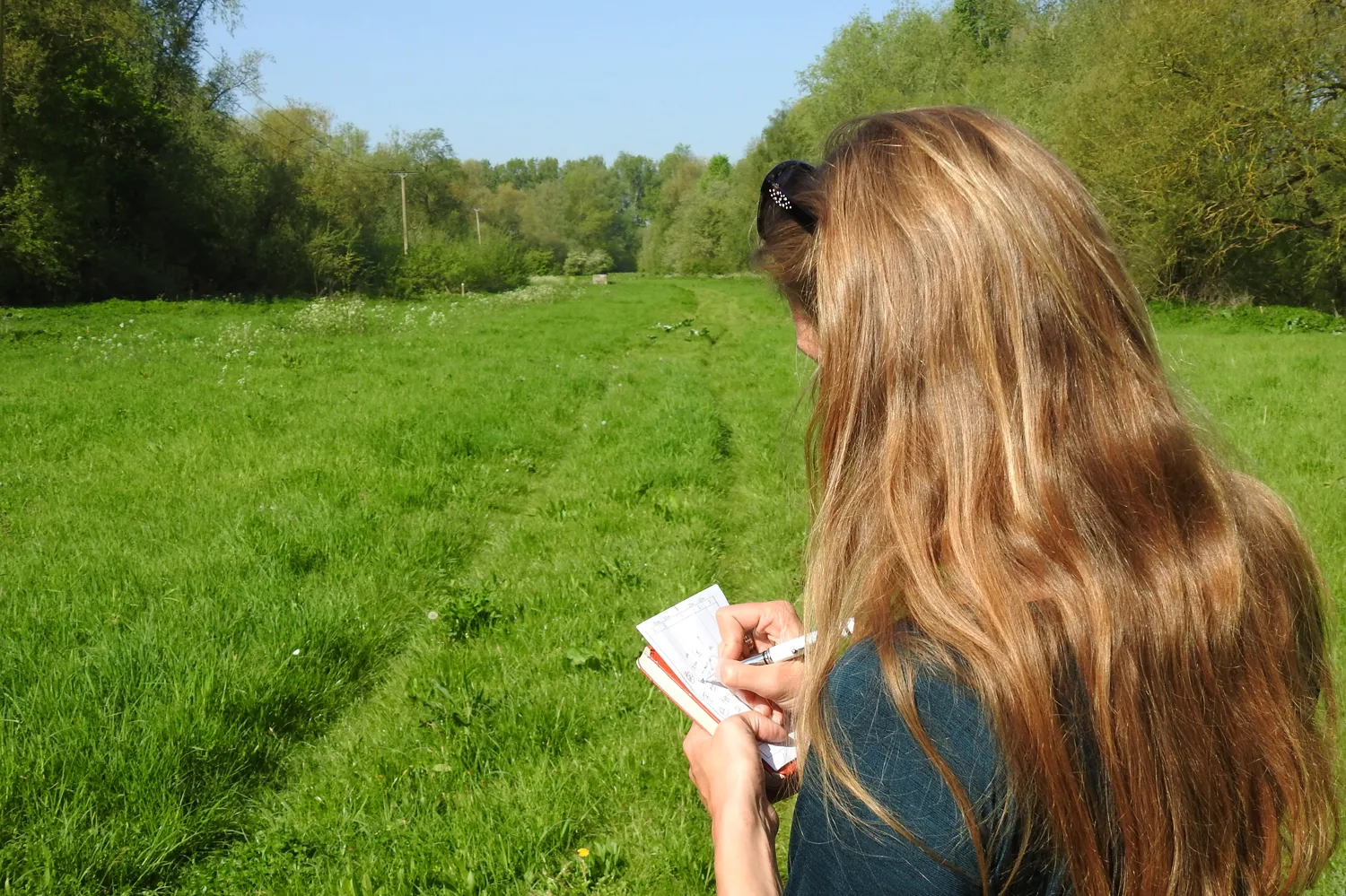BTO’s thousands of supporters help us in a range of ways. Their 2,102,943 hours of dedication during the last year provided data that have improved our understanding of changing bird populations, the drivers of those changes, and the effectiveness of conservation interventions.
People participating in our work have also benefited directly, through their learning, and from the well-being advantages of time spent outdoors. By kindly supporting us with memberships, donations and legacies, our supporters also enable us to do much more, including important self-directed research to answer the most pressing questions.
To underpin our other strategy Action Areas we need to increase the number of BTO volunteers throughout the UK. It’s also essential that we recognise the needs and values of our existing supporters to ensure that we retain them, so we can build on that solid foundation. Accordingly, our work within the Sustaining Supporters Action Area encompasses both recruitment and retention.

What we are doing
Over the past year we have continued to invest in the tools, such as Demography Online and BirdTrack, used by our volunteers to enter and manage their survey data. It is essential that these tools are easy to use and that they provide the functionality that our volunteers want, enabling them, for example, to report back to the landowners who so kindly grant access to survey sites.
By investing in training we have welcomed more people into BTO, supported their development and, in so doing, we have laid foundations for growth in our volunteer schemes and surveys. During the last year we had 4,393 registrations across 33 different training events (involving 75 online sessions and 34 in person ones). 3,133 unique individuals accessed our training, with an average age of 54 — our youngest participant was 11 and our oldest 92. People joined online or in person sessions from 1,109 10-km squares around the UK, 37% of the total. We also delivered face-to-face training in bird ID and survey skills in some of the higher priority areas for volunteer development.
There are some areas of the UK in which it is considerably more challenging for BTO to achieve good levels of survey coverage due to lower human population densities, more challenging physical geography or a range of other factors. In response to these challenges, we’ve increased our engagement capacity throughout the UK so we’re now better able to deliver locally relevant communications, training, conferences, talks and support for the Regional Network. We aim to deliver strategic growth in our volunteer capacity in the areas where it is most needed, in line with the priorities identified by the Charting Change Action Area.
We must ensure that everyone who works with us feels valued, and knows they are playing an important role in tackling the biodiversity and climate crises.
By 2030 we will have an engaged and growing supporter base who:
- feel better connected with the BTO locally and nationally,
- recognise and value the impact of their volunteering and financial support,
- are proud ambassadors for our work.
